Projects and contracts
Projects and contracts
The Institute’s mission is to promote and organise, from a multidisciplinary and diachronic perspective, research in the field of archaeology, maintaining and promoting its excellence.
Most of the funding is obtained from public competitive calls at the regional, national and international level.
Knowledge diffusion is also a crucial aspect of the Institut. We obtain funding through research contracts, working with other scientific institutions, administrations, professionals or companies.
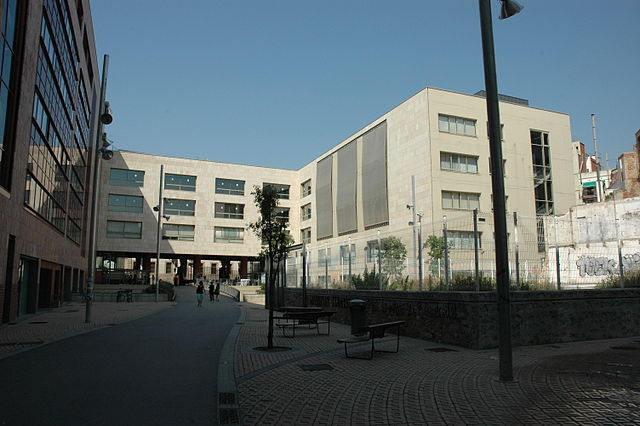
ERC grants:

The fundamental activity of the ERC, via its main frontier research grants, is to provide attractive, long-term funding to support excellent investigators and their research teams to pursue groundbreaking, high-risk/high-gain research. Research funded by the ERC is expected to lead to advances at the frontiers of knowledge and to set a clear and inspirational target for frontier research across Europe.
IAUB IPs Margarita Díaz-Andreu and Inés Domingo have obtained two ERC Advanced Grants in some of the last calls.
We are proud to have these cutting-edge projects in our Institute.
ERC grant:
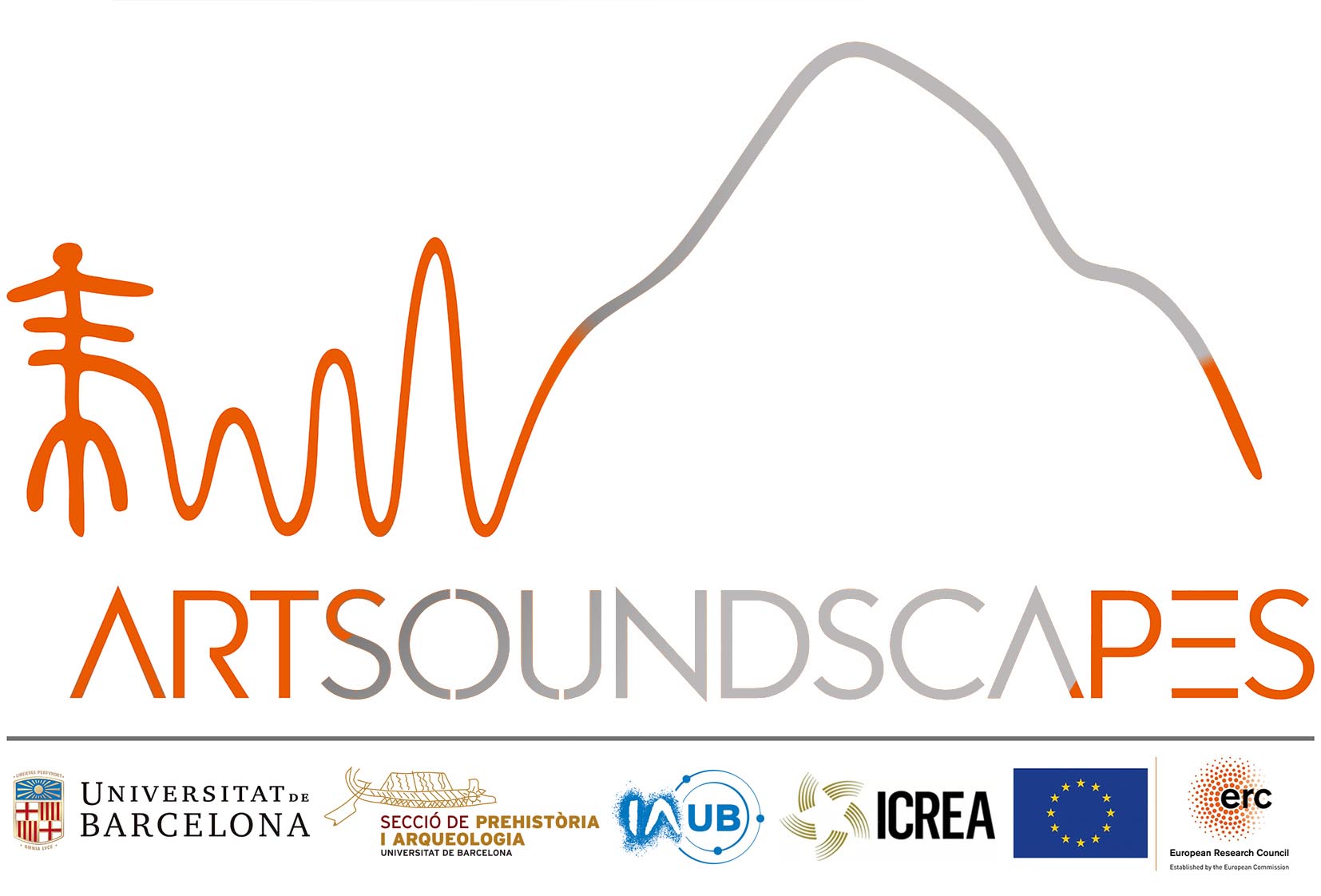
ARTSOUNDSCAPES is an ERC Advanced grant project led by Prof. Margarita Díaz-Andreu. It deals with sound, rock art and sacred landscapes among past hunter-gatherers and early agricultural societies around the world.
The project gathers an international group of experts in archaeology, ethnography, psychology and acoustic engineering working on the study of rock art soundscapes and exploring human perception and interpretation of sound in the past
ERC grant:
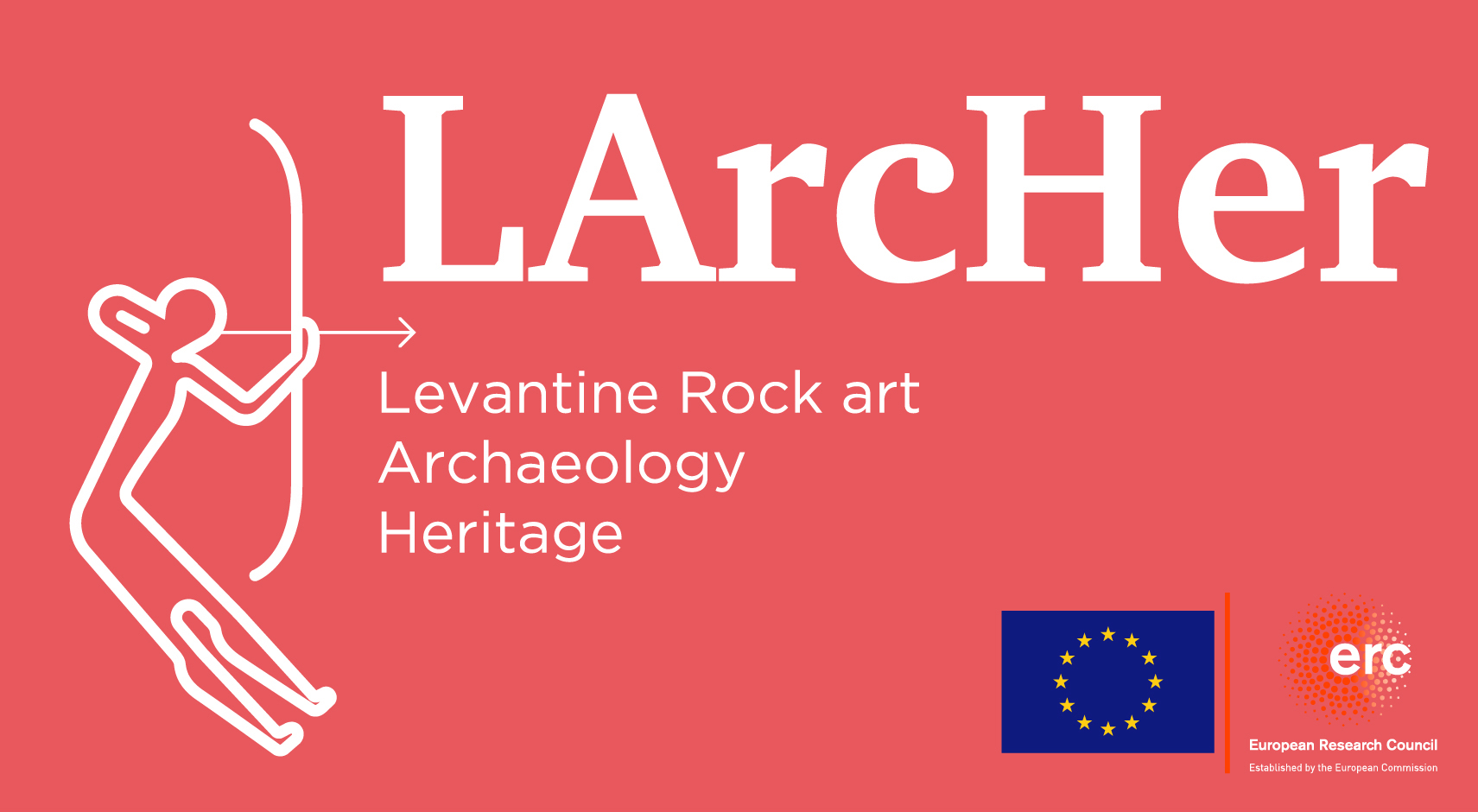
LArcHer is an ERC Consolidator grant led by Prof. Inés Domingo. The project aims at pioneering a new and more comprehensive way of understanding one of Europe’s most extraordinary bodies of prehistoric art, awarded Unesco World Heritage status in 1998: Levantine rock art (LRA).
The ground-breaking nature of the project relies on combining a multidisciplinary and multiscale approach (from microanalysis to landscape perspectives) to gain a holistic view of this art. It also aims at closing existing gaps between science and heritage mainstreams, to better understand the values and threats affecting this tradition and bring about a change in the way we understand, care for, use and manage this millenary legacy.
ERC grant:
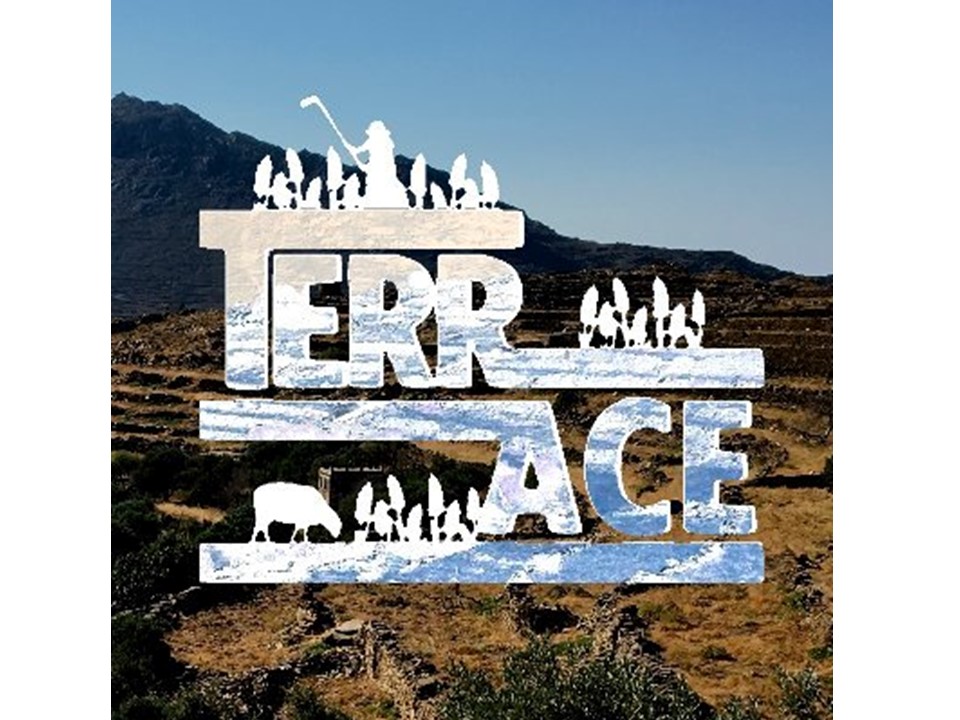
Terrace is an ERC Advanced grant co-led by Prof. Rosa Maria Albert. Large areas of agricultural terracing have been abandoned and are being destroyed in Europe. TerrACE will develop a transferrable methodology of archaeological protocols for understanding the creation, maintenance and use of terraces over the longue durée, thereby informing strategies for the sustainable management of these environmental-fragility hotspots. Terraces and lynchets are hallmarks of complex Prehistoric to Post-Medieval societies and were critical for the sustainability of many European societies (including the Greeks & Romans).
ERC grant:

MULTIPALEOIBERIA is an ERC Advanced grant led by Prof. Manuel Alcaraz from Universidad de Alcalà in which members of IAUB Prof. Rosa Maria Albert, Dr. Xavier Mangado LLach, Dra. Marta Sánchez de la Torre are part of the external team.
ERC grant:
SPEGEOCHERT is an ERC Starting grant led by Marta Sánchez de la Torre. What do we know about the mobility of hunter-gatherer groups that lived 11 000-35 000 years ago in Western Europe? How did they interact with mountain areas during the last glacial episode? To answer these questions, the ERC-funded SPEGEOCHERT project will focus on the Pyrenean mountain chain. By studying the lithic tools and those made of chert, it will uncover the economic and adaptive strategies of Homo sapiens of the Upper Palaeolithic. The aim is to determine whether mobility between the two parts of the Pyrenees was only through the ends of the mountain range or whether it involved secondary routes. Results will broaden our knowledge of human adaptations to harsh conditions and change the archaeological approach to analysing lithic raw materials.
EC Grants and other international projects:
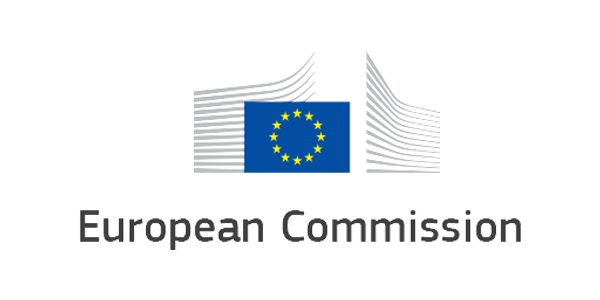
- Curating Sustainable URBAn Transformations through HERItage (CURBATHERI- DeepCities) (PCI2020-112069), PI: Díaz-Andreu, M.; Pastor Pérez, A., 2020-2022, European Union.
- FLORAPYR AVANCE: Contribuer à l’OPCC sur l’évolution et la conservation de la flore et des végétations, et développer la connaissance et la participation citoyenne (FLORAPYR AVANCE) (EFA322/19), PI: Josep Maria Ninot Sugrañes, 2020-2022, Unió Europea, INTERREG Programme.
- Mediterranean Connectivity: Economy, Trade and Commercial Circuits in the Roman West (2nd c. BCE — 1st c. CE). PI: Maria Soledad Madrid Fernandez (UB), 2020-2023, Social Science and Humanities Research Council of Canada (SSHRC).
- Conference: Multifaceted Edom. Recent Research on Southern Transjordan in the Iron Age from an Archaeological and Cultural-Historical Perspective’, 7 – 10 June 2021 in Amman (Jordanien), PI: Maria del Rocio Da Riva Muñoz, 2021, Fritz Thyssen Stiftung für Wissenschaftsförderung
- Geochemical provenance studies with Neutron-NDT on chert tools from Upper Palaeolithic groups from Iland Iberia, PI: Marta Sánchez de la Torre, 2021-2022, the Fixlab Platform B from the Integrating Platforms for the European Research Infrastructure on Heritage Science (IPERION HS).
National Grants:

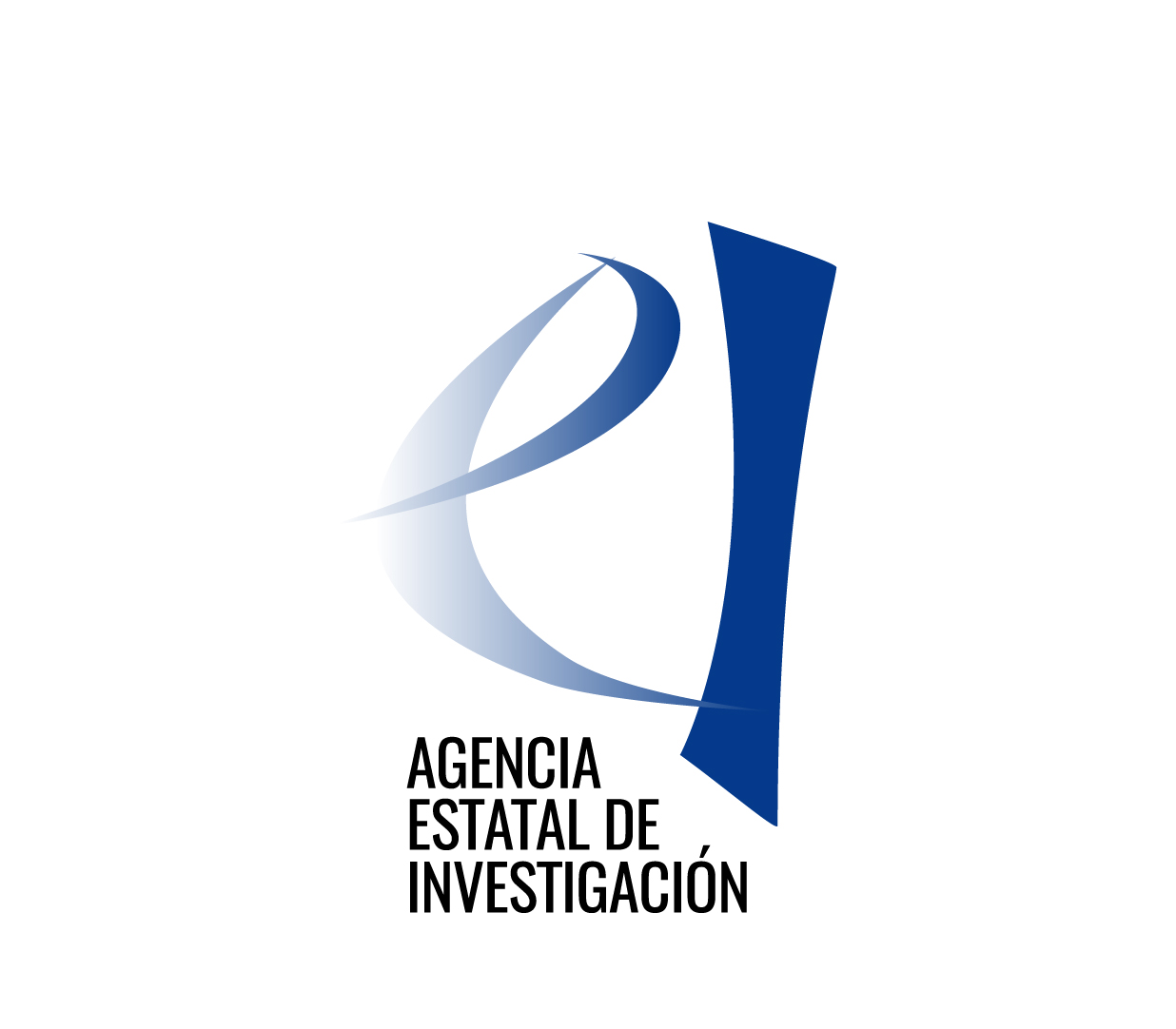
Public National competitive calls are fundamental to developing the IAUB projects. Notably the calls from the Ministry of Science and Innovation and the Agencia Estatal de Investigación. Also from the Ministry of Universities, several human resources calls are fundamental. The Ministry of Culture, Education and Sports is also essential in funding archaeological work.
In addition, some private national foundations are also funding some of our projects, through competitive calls.
2022:

Análisis de estructuras anatómicas, micro-tomografia, ESEM e impresión 3D de los restos fósiles del Pleistoceno Medio de la Cova B d’Olopte (Isòvol, La Cerdanya, Girona), PI: Antonio Rosas , Xavier Mangado, 2022-2023, Fundación PALARQ
2021:

- El poblamiento humano en el NE peninsular y contexto paleoambiental durante el Pleistoceno superior y el Holoceno inicial (PID2020-113960GB-I00), PI: Jose Maria Fullola Pericot; Maria Pilar Garcia-Arguelles Andreu, , 2021- 2024, Ministerio de Ciencia, Innovación y Universidades, Programa Nacional de Promoción General del Conocimiento – Historia y Arte (BHA).
- Caracterización arqueológica y arqueométrica de cerámicas de Asia Central. Producción, distribución y tecnología. Subproyecto dentro del proyecto coordinado ‘Las sociedades antiguas complejas de Asia Central a través de la cerámica. Entre las tradiciones nómadas y sedentarias desde la Edad del bronce al Islam’ (PID2020-114096GB-C21), PI: Verónica Martínez Ferreras; Josep M. Gurt Esparraguera, 2021-2024, Ministerio de Ciencia e Innovación (MICINN), Proyectos de Investigación del Plan Nacional de I+D+I.
- Ánforas romanas y análisis de contenidos II. Producción y consumo de alimentos de la Baetica, la Laietania y el Oriente levantino (siglos I a.C. III d.C.) (PID2020-113409GB-I00), PI: Alessandra Pecci; Paul Reynolds, 2021-2024, Ministerio de Ciencia, Innovación y Universidades, Programa Nacional de Promoción General del Conocimiento – Historia y Arte (BHA).
- Desarrollo de perspectivas críticas a partir del patrimonio del conflicto en la formación de profesorado (PID2020-118615RB-I00), PI: Maria Feliu Torruella; Xavier Rubio Campillo, 2021-2024, Ministerio de Ciencia, Innovación y Universidades.
- Cambios ambientales, paisajísticos y adaptabilidad humana en un llano litoral mediterráneo durante el Holoceno: el sector de Montjuic en el pla de Barcelona, PI: Santiago Riera Mora, 2021-2024, Ministerio de Ciencia, Innovación y Universidades.
- Estudio arqueológico del yacimiento de Sela, Tafila (Jordania), PI: Rocio Da Riva, 2021-2022, Fundación PALARQ.
- Gaps and dates: dinámicas culturales en la Prehistoria del valle del Ebro (PID2020-116598GB-I00), PI: Lourdes Montes, Carlos Mazo, 2021-2024, Ministerio de Ciencia, Innovación y Universidades, Programa Nacional de Promoción General del Conocimiento – Historia y Arte (BHA).
- Inferencias sobre la vida monástica a partir de los huesos: dieta, salud, economía y sociedad en los monasterios de Barcelona (s. XIV -XIX) desde una perspectiva arqueológica (PID2020-118194RJ-I00), PI: Luis Lloveras Roca, 2021-2024, Ministerio de Ciencia e Innovación (MICINN), Programa Nacional de Promoción General del Conocimiento – Historia y Arte (BHA).
- Impacto tecnológico en el Nuevo Mundo colonial. Cambio cultural en arqueología y arqueometría cerámica (PID2020-117769GB-I00), PI: Jaume Buxeda Garrigos, 2021-2024, Ministerio de Ciencia, Innovación y Universidades, Programa Nacional de Promoción General del Conocimiento – Historia y Arte (BHA).
- Morfología dental de los papionini fósiles como aproximación a la evolución de los hominini en ambientes terrestres de sabana abierta (PID2020-112963GB-I00), PI: Alejandro Martinez Perez-Perez, 2021-2024, Ministerio de Ciencia e Innovación (MICINN), Programa Nacional de Promoción General del Conocimiento.
- Towards a software for the analysis of wear to identify tool use and diet of humans and animals in Prehistory (WEARSOFT) (PDC2021-121613-I00), PI: Juan José Ibáñez Estévez, 2021-2023, Proyectos de I+D+i «Pruebas de concepto», Ministerio de Ciencia e Innovación (MICINN), Programa estatal de I+D+i orientada a los retos de la sociedad.
- Análisis pluridisciplinar e integración de series multi-archivos para el desarrollo de modelos espacio-temporales de inundaciones históricas (PID2020-113664RB-I00), Lothar Schulte, 2021-2024, Ministerio de Ciencia e Innovación (MICINN), PN de Ciencias y Tecnologías Medioambianbientales.
- Una historia de la arqueología. Un análisis de las dinámicas sociales y experiencias femeninas en la disciplina (1975-2020) (PID2019-110748GB-I00), PI: Margarita Díaz-Andreu, 2021-2025, Ministerio de Ciencia e Innovación / Agencia Estatal de Investigación (AEI).
2020:

- Between cultural diversity and behavioral variability: continuity and change in the Neanderthal populations of the Iberian Peninsula (NEANDIVERSITY) (PID2019-103987GB-C31), PI: Florent Rivals, Manuel Vaquero, 2020, Ministerio de Ciencia e Innovación (MICINN).
- Caracterización social y funcional de los asentamientos urbanos de la Iberia septentrional (PID2019-106224GB-I00), PI: Juan Sanmarti Grego), 2020-2024, Ministerio de Economia y Competitividad.
- Contracte del Programa Ramon y Cajal (RYC-2018-024050), IP: Maria Feliu Torruella; Xavier Rubio Campillo, 2020-2025, Ministerio de Economia y Competitividad.
- Documentación, estudio espacial y difusión del arte rupestre de la Sierra de San Francisco, Baja California Sur, México, IP: M. Díaz-Andreu, , 2020-2021, Fundación PALARQ.
- Excavaciones en el foro de la ciudad romana de Pollentia (Alcúdia, Mallorca): propuesta para la campaña de 2020, 2021, 2022, PI: M.A. Cau, C. Ministerio de Cultura y Deporte, Dirección General de Bellas Artes y Bienes Culturales.
- Las Líricas Amorosas Divinas (Divine Love Lyrics) (PID2019-104191GB-I00), PI: Rocío Da Riva, 2020-2022, Ministerio de Ciencia, Innovación y Universidades.
- Retrieving Memory: Women’s Pathways in the History of Spanish Archaeology (19th and 20th Centuries) – ArqueólogAs (PID2019-110748GB-I00), PI: M. Díaz-Andreu, 2020-2023, Ministerio de Ciencia e Innovación (MICINN) / Agencia Estatal de Investigación (AEI), Programa estatal de fomento de la investigación científica y técnica de excelencia. Subprograma Estatal de generación de conocimiento.
Regional Grants:
A variety of sources of incoming for projects and excavations come from regional administration in the form of Autonomous Governments, or supralocal institutions like Provincial Diputaciones or Consejos insulares.
Regional Grants 2022:

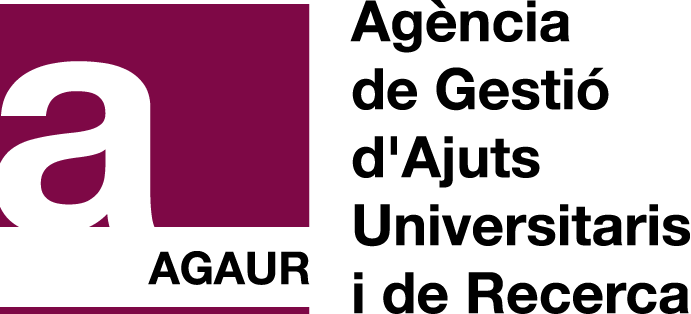
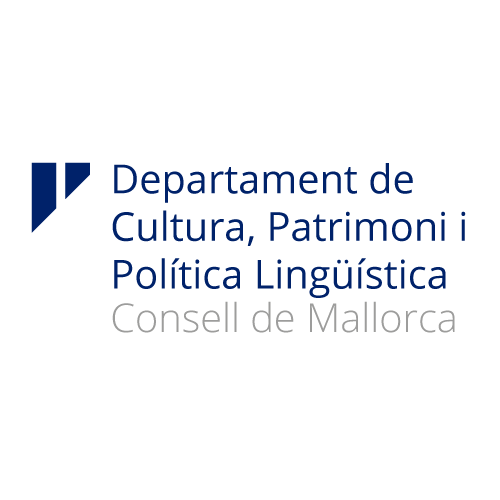
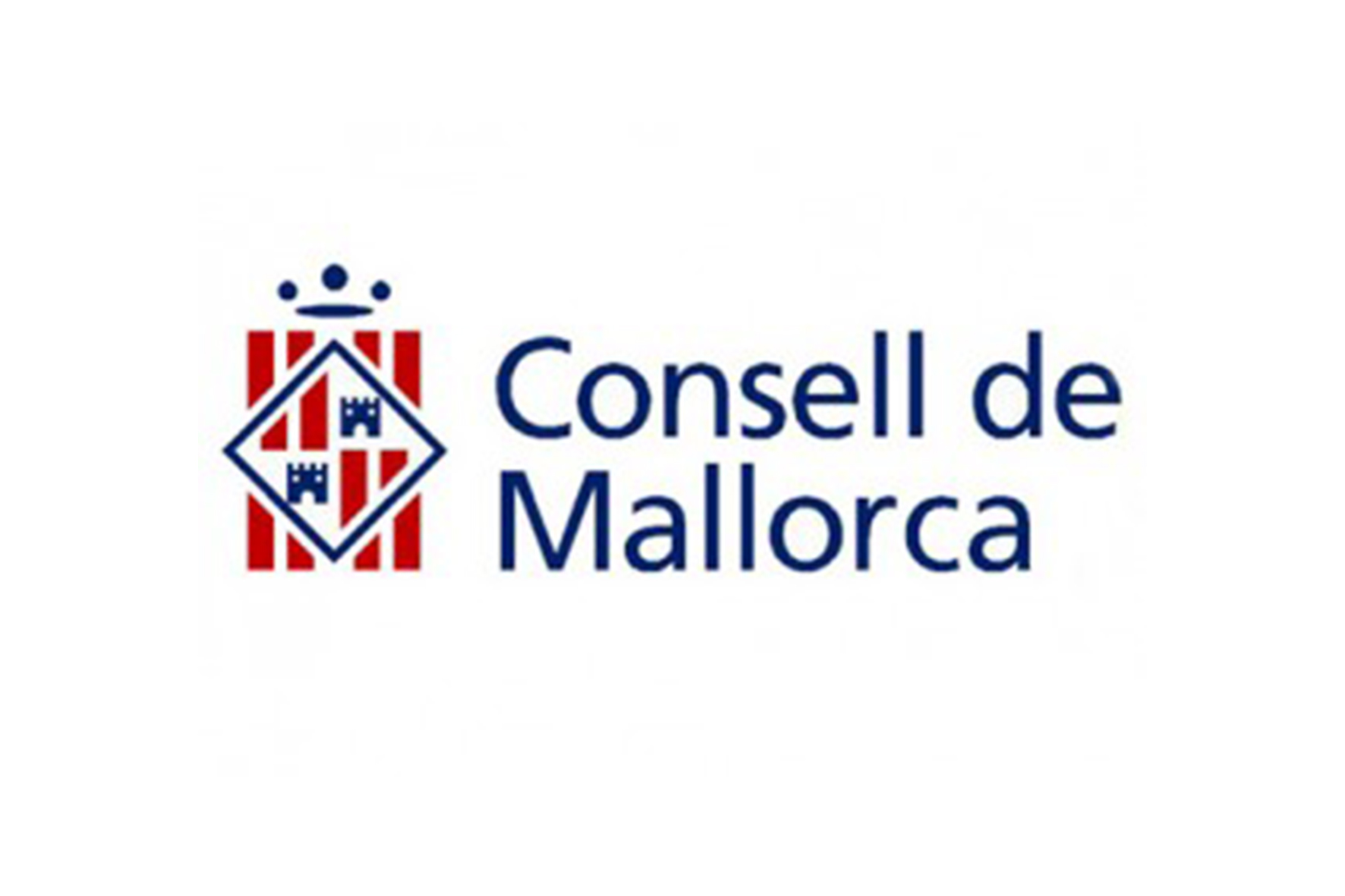
- Excavacions a la ciutat romana de Pollentia (Alcúdia, Mallorca), PI: M.A. Cau, M.E. Chávez, C. Mas-Florit 2022, Consorci de la ciutat romana de Pol·lèntia.
- Primer poblament dels Pirineus: Vall Riu Duran i el conjunt de les Coves d’Olopte (ARQ001SOL-169-2022), PI: Javier Mangado Llach; Gema Chacon Navarro, 2022-2025, Departament de Cultura de la Generalitat de Catalunya.
- El poblament prehistòric a la conca mitja i alta del riu Segre (ARQ001SOL-124-2022), PI: Marta Sanchez de la Torre; Maria Mercedes Bergada Zapata, 2022-2025, Departament de Cultura de la Generalitat de Catalunya.
Regional Grants 2021:



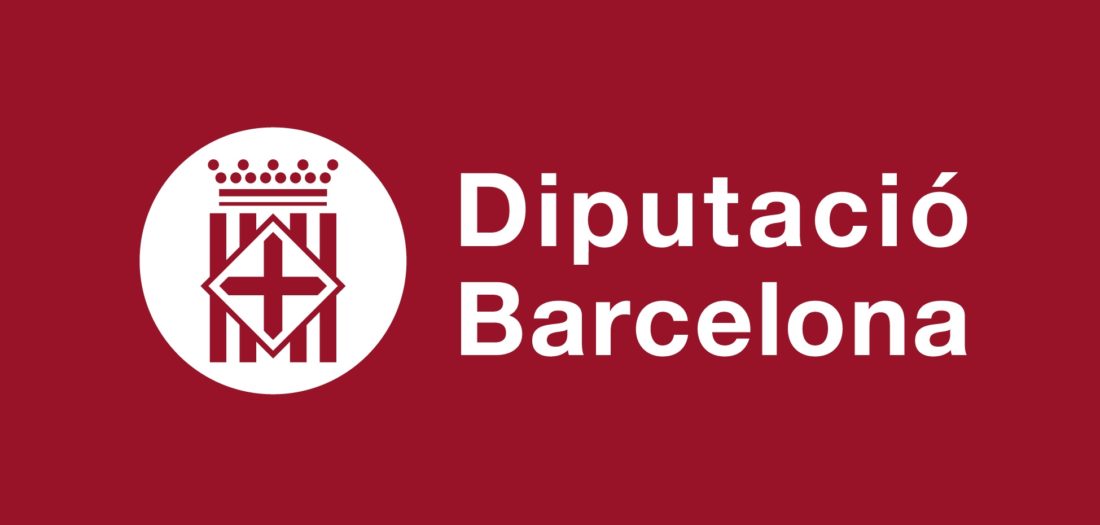

- Excavacions a la ciutat romana de Pollentia (Alcúdia, Mallorca), PI: M.A. Cau, M.E. Chávez, C. Mas-Florit 2020, 2021, 2022, Consorci de la ciutat romana de Pol·lèntia.
- Sant Hilari d’Abrera (Baix Llobregat), PI: Gisela Ripoll, Programa d’intervencions arqueològiques, arquitectòniques i geològiques, Servei de Patrimoni Arquitectònic Local de la Diputació de Barcelona, 2021.
- Excavacions a la ciutat romana de Pollentia (Alcúdia, Mallorca), PI: M.A. Cau, M.E. Chávez, C. Mas-Florit, 2021, Consorci de la ciutat romana de Pol·lèntia.
- Re-readig Los Casares Cave (Riba de Saelices, Guadalajara). Documentation, analysis and archaeological contextualization of the prehistoric rock art (SBPLY/21/180801/000010), PI: Javier Alcolea & Manuel Alcaraz, 2021, Junta de Castilla-La Mancha, Consejería de Educación, Cultura y Deportes.
- Arqueología y Arqueometría de naufragios de la Antigüedad Tardía en Mallorca (ARQUEOMALLORNAUTA 2021-2023), PI: M. Á. Cau Ontiveros, D. Bernal Casasola, J. Cardell Perelló, E. García Riaza, 2021-2023, Consell de Mallorca, Conveni interadministratiu entre el Consell Insular de Mallorca, la Universitat de Barcelona, la Universitat de les Illes Balears i la Universidad de Cádiz, per dur a terme el projecte ARQUEOMALLORNAUTA, d’excavació, recuperació i posada en valor del derelicte de Ses Fontanelles (Platja de Palma), Consell Insular de Mallorca.
Regional Grants 2020:




A variety of sources of incoming for projects and excavations come from regional administration in the form of Autonomous Governments, or supralocal institutions like Provincial Diputaciones or Consejos insulares.
- El estudio de la transformación del mundo rural de Mallorca de época romana a la Edad Media mediante la aplicación de técnicas no invasivas 2020-2022, Expediente 12, PI: M.A. Cau and C. Mas-Florit, 2020-2022, Consell de Mallorca, Convocatoria de subvenciones para la investigación en materia de arqueología y/o paleontología en la isla de Mallorca, en el archipiélago de Cabrera y en los islotes adyacentes.
- Excavacions a la ciutat romana de Pollentia (Alcúdia, Mallorca), PI: M.A. Cau, M.E. Chávez, C. Mas-Florit 2020, Consorci de la ciutat romana de Pol·lèntia.
- Chert Road. Identifying prehistoric mobility through the geochemical analysis of chert (2018 BP 00006), PI: José Maria Fullola Pericot; Marta Sánchez de la Torre, 2020-2022, Agència de Gestió d’Ajuts Universitaris i de Recerca (AGAUR), Beatriu de Pinós.
- La formación del paisaje medieval: El origen de la red aldeana en el Alto Arlanza (Comunero de Revenga, Burgos), María Karen Alvaro Rueda (BOPBUR-2020-01634), 2020, Consejería de Educación y Cultura. Junta de Castilla y León / Diputación Provincial de Burgos.
Local Grants:
Many local institutions are contributing to the projects run by IAUB. This funding is particularly important for archaeological excavations and fieldwork in general. Many of the city councils of the places where we run fieldwork support our initiative in the form of funding or other types of contributions.
Local Grants 2022:
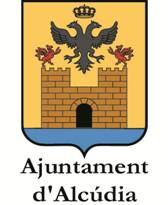
Local Grants 2021:
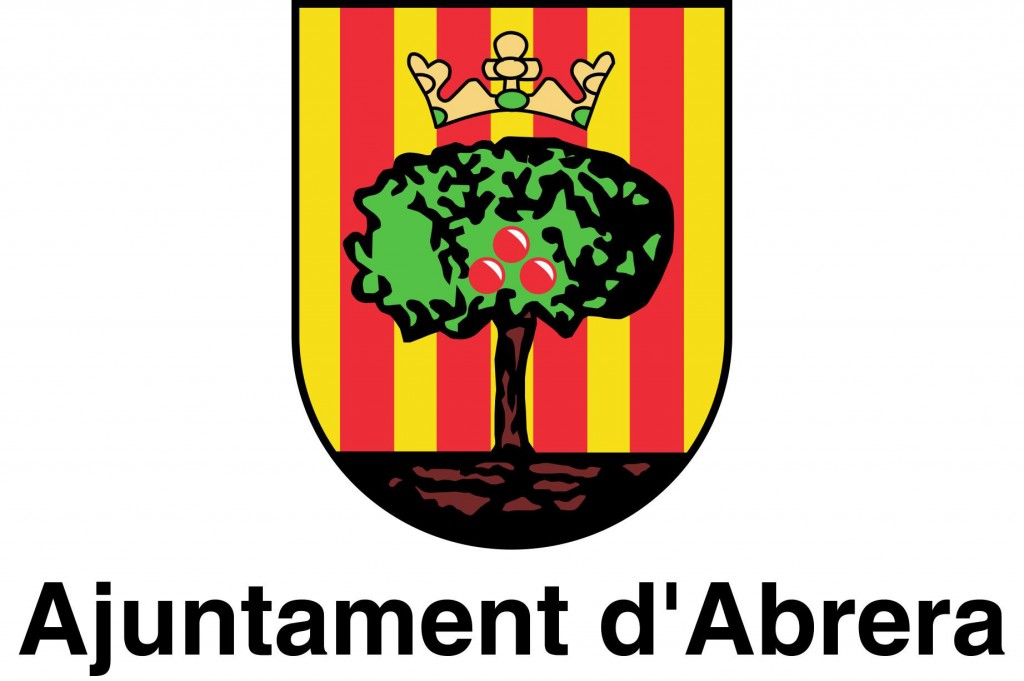
- Jaciment del complex arqueològic de Sant Hilari d’Abrera Conveni de col·laboració entre l’Ajuntament d’Abrera i la Universitat de Barcelona, PI: Gisela Ripoll, 2021-2022, Ajuntament d’Abrera.
- Millores en la mineria artesanal d’or davant la salut pública i el canvi climàtic: el cas de Bolívia, PI: M. Pura Alfonso Abella, 2021-G007, 2021-2022, Centre de Cooperació per al Desenvolupament de la U.P.C.
- Textos epigráficos antiguos de la Península Ibérica y del Mediterráneo griego (TEAPIMEG), PI: Isabel Velázquez, 2021-2022, Universidad Complutense de Madrid.
Local Grants 2020:

Research Contracts:
The Research Groups and researchers of IAUB offer also contract work with institutions, researchers, and the private sector in a wide range of specialities.
Some of the main contracts since 2020 are: